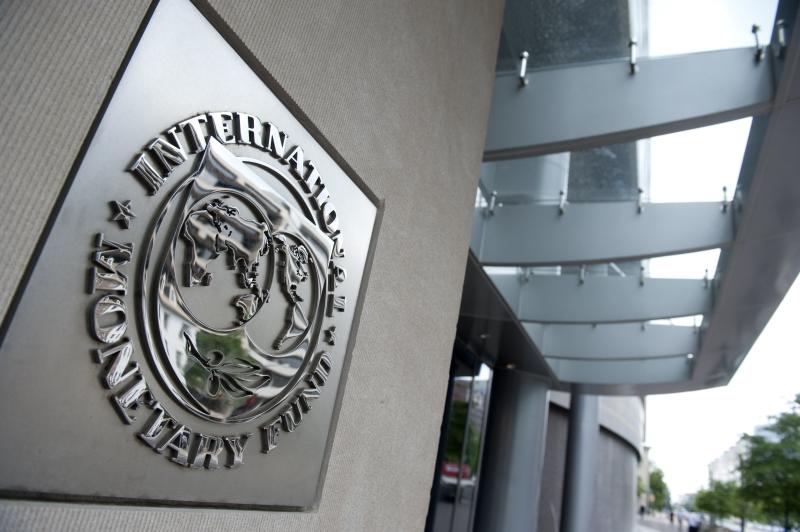×
The Standard e-Paper
Join Thousands Daily

With Kenya losing access to the Sh100 billion precautionary loan from the International Monetary Fund (IMF), experts fear this could open the floodgates to a new wave of extravagant State spending.
With the end of the $989 million (Sh99 billion) stand-by credit facility, IMF will now remain around in an advisory capacity with no real power to dictate terms on government spending or borrowing.